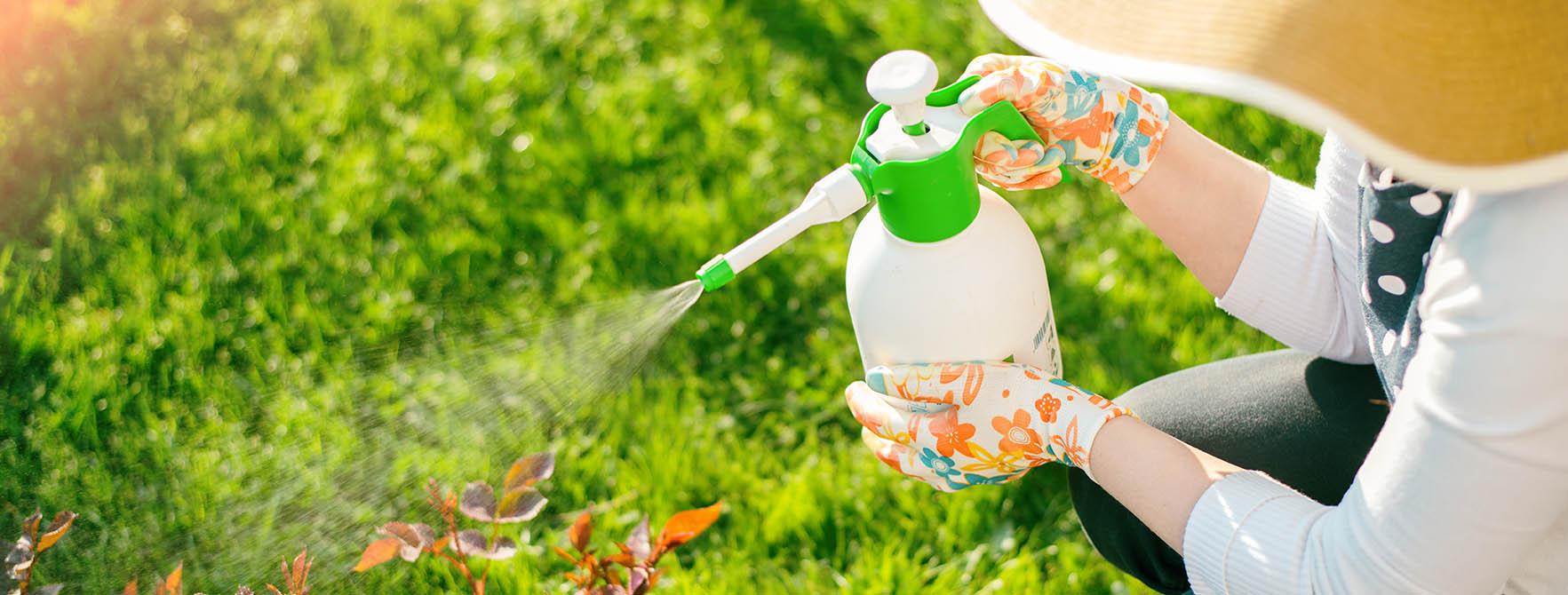Natural Harmony: Effective Organic Lawn Pest Control


Cultivating a Pest-Free Haven: Organic Lawn Pest Control
Maintaining a lush and healthy lawn is a desire for many homeowners, but the presence of pests can quickly turn this dream into a nightmare. Organic lawn pest control offers a natural and environmentally friendly approach to keeping your lawn vibrant while minimizing harm to the ecosystem.
1. The Essence of Organic Lawn Pest Control
Organic lawn pest control centers on using natural and sustainable methods to manage pest populations without resorting to synthetic chemicals. This approach prioritizes the health of the lawn, the environment, and the well-being of those who enjoy the outdoor space.
2. Beneficial Insects as Natural Predators
One effective strategy in organic lawn pest control involves harnessing the power of beneficial insects. Ladybugs, nematodes, and predatory beetles are natural predators that can help keep pest populations in check. Introducing these allies to your lawn creates a balanced ecosystem where pests are managed without harmful chemicals.
Link to Organic Lawn Pest Control
3. Neem Oil: A Versatile Organic Solution
Neem oil, derived from the neem tree, is a versatile and organic solution for pest control. It acts as a natural insect repellent and disrupts the life cycle of many pests. Using neem oil as part of your lawn care routine adds an eco-friendly layer of defense against common lawn pests.
4. Companion Planting for Pest Prevention
Companion planting is a time-tested organic technique that involves growing certain plants together to enhance each other’s growth and repel pests. Marigolds, basil, and chrysanthemums, for example, are known to deter insects harmful to lawns. Integrating these plants into your lawn landscaping provides a natural barrier against pests.
5. Organic Nematodes for Grub Control
Grubs, the larvae of beetles, can wreak havoc on lawns by feeding on grassroots. Organic nematodes, microscopic organisms, are a natural enemy of grubs. Applying nematodes to your lawn helps control grub populations without resorting to chemical insecticides.
6. Homemade Organic Pest Sprays
Creating your organic pest spray is a simple yet effective method. Garlic, chili pepper, and soap solutions can be concocted at home and sprayed on the lawn to deter a variety of pests. This DIY approach is cost-effective, eco-friendly, and allows you to have more control over what goes into your lawn.
7. Healthy Soil as the Foundation
A key principle in organic lawn care is promoting soil health. Healthy soil is less susceptible to pest issues, as it supports robust grass growth and fosters natural resistance. Practices such as aerating, composting, and avoiding excessive chemical fertilizers contribute to maintaining a thriving lawn ecosystem.
8. Cultural Practices to Discourage Pests
Organic lawn pest control emphasizes cultural practices that create an environment less favorable to pests. Regular mowing, proper watering, and removing thatch are essential practices that discourage pests and promote the overall health of the lawn.
9. Organic Lawn Care Companies
For those seeking professional assistance, many lawn care companies specialize in organic and eco-friendly practices. These companies utilize natural solutions, beneficial insects, and sustainable methods to create a pest-resistant lawn while maintaining environmental harmony.
10. Educating Homeowners on Sustainable Practices
An integral aspect of organic lawn pest control is educating homeowners on sustainable practices. Understanding the importance of organic methods, the role of beneficial insects, and the impact of synthetic chemicals empowers individuals to make informed choices for a healthier lawn and environment.
Conclusion
In conclusion, embracing organic lawn pest control is a commitment to creating a vibrant and healthy outdoor space while respecting the delicate balance of nature. By incorporating natural solutions, fostering beneficial ecosystems, and adopting sustainable practices, homeowners can achieve a lush lawn without compromising environmental well-being. The shift towards organic lawn care represents a harmonious approach that benefits both the residents and the ecosystem they inhabit.






